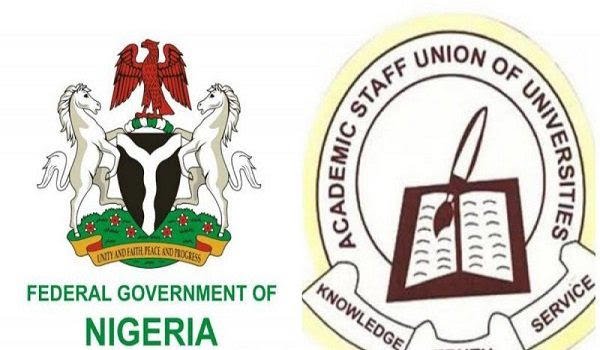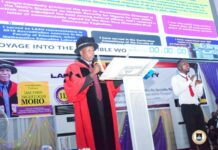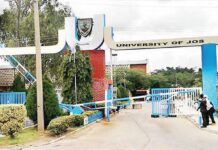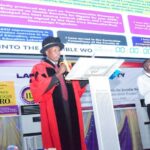In a bid to finally close the chapter on the lingering 2009 ASUU agreement, a high-stakes meeting is expected in Abuja today as the federal government is expected to make a counter offer to the university teachers in a bid to translate years of stalled renegotiations into concrete, implementable commitments with the Academic Staff Union of Universities, ASUU.
Informed sources hinted that the Minister of Education, Dr. Maruf Tunji Alausa, will join the Minister of Labour and representatives of the National Salaries, Incomes and Wages Commission, NSIWC, and the Solicitor-General to meet ASUU leaders in Abuja to examine how to finally implement the renegotiated 2009 FGN–ASUU agreement and related reports produced in the most recent round of negotiations.
According to officials, the meeting will be tasked with delivering a clear timetable for signature and phased implementation.
The urgency of the move comes amid warnings from ASUU branches nationwide that their patience is exhausted, after a renegotiation process concluded in December 2024 and formally submitted to government in February 2025.
Union leaders insist that the draft must now be signed and implemented to avert another nationwide shutdown of public universities.
Recall at a briefing in Abuja, the Zonal Coordinator of ASUU, Abuja Zone, Prof. Al-Amin Abdullahi, stressed that the union had kept its part of the bargain and expected government to demonstrate seriousness by adopting the report without delay.
The 2009 agreement remains the touchstone of the dispute, signed under the late President Umaru Musa Yar’Adua, which promised comprehensive reforms to Nigeria’s public universities, including sustained revitalisation funding, institutional autonomy, a negotiated salary and conditions package for academics, and a monitoring framework for implementation.
Its partial or non-implementation across successive administrations has led to recurring strikes.
Analysts estimate that since 1999, cumulative industrial action by ASUU and other unions has cost the system the equivalent of nearly five years of lost academic time, a disruption that has eroded confidence in the country’s higher education sector.
But stakeholders and government insiders argue that what differentiates the current process is the approach of Education Minister, Tunji Alausa, who has combined immediate remedial action with longer-term structural reforms.
Earlier this year, the Tinubu administration released N50 billion to settle earned academic allowances, EAA, owed university lecturers and staff, a debt that had festered for almost two decades and repeatedly fuelled strike actions.“The move, credited directly to Alausa’s intervention, was received across campuses as a restoration of trust and a demonstration that government could finally match promises with delivery.
Beyond arrears, Alausa has also launched the Diaspora BRIDGE Initiative, a digital platform designed to connect Nigerian professionals abroad with universities at home through mentorship, guest lectures, research collaboration, and curriculum support.
Policy voices, including Dr. Dakuku Peterside and Prof. Yemi Oke, have praised the platform as a deliberate and credible way to convert brain drain into brain circulation, further evidence that the current administration is treating education reform as systemic rather than episodic.
Today’s will confront immediate challenges, as sources in both the ministry of education and labour circles said its work would focus on reconciling the Yayale Ahmed draft concluded in December 2024 with the original 2009 text and subsequent reports such as the Nimi Briggs recommendations, mapping phased fiscal commitments into the national budget, and producing a legally sound instrument for signature.














